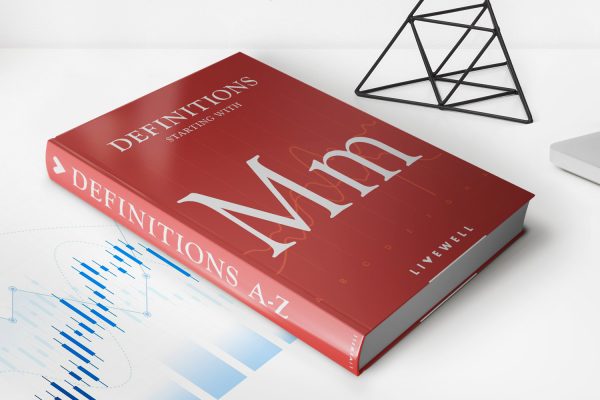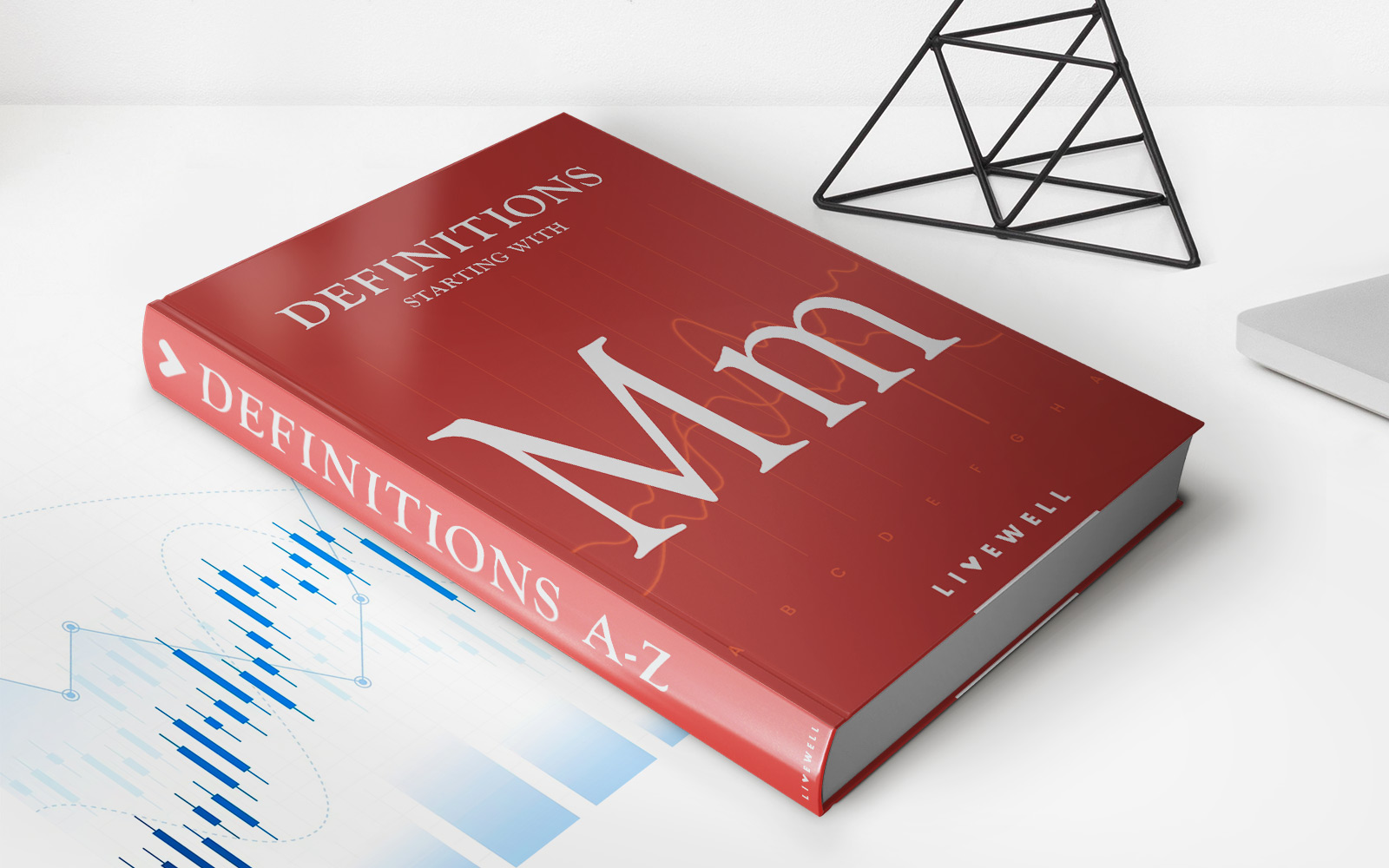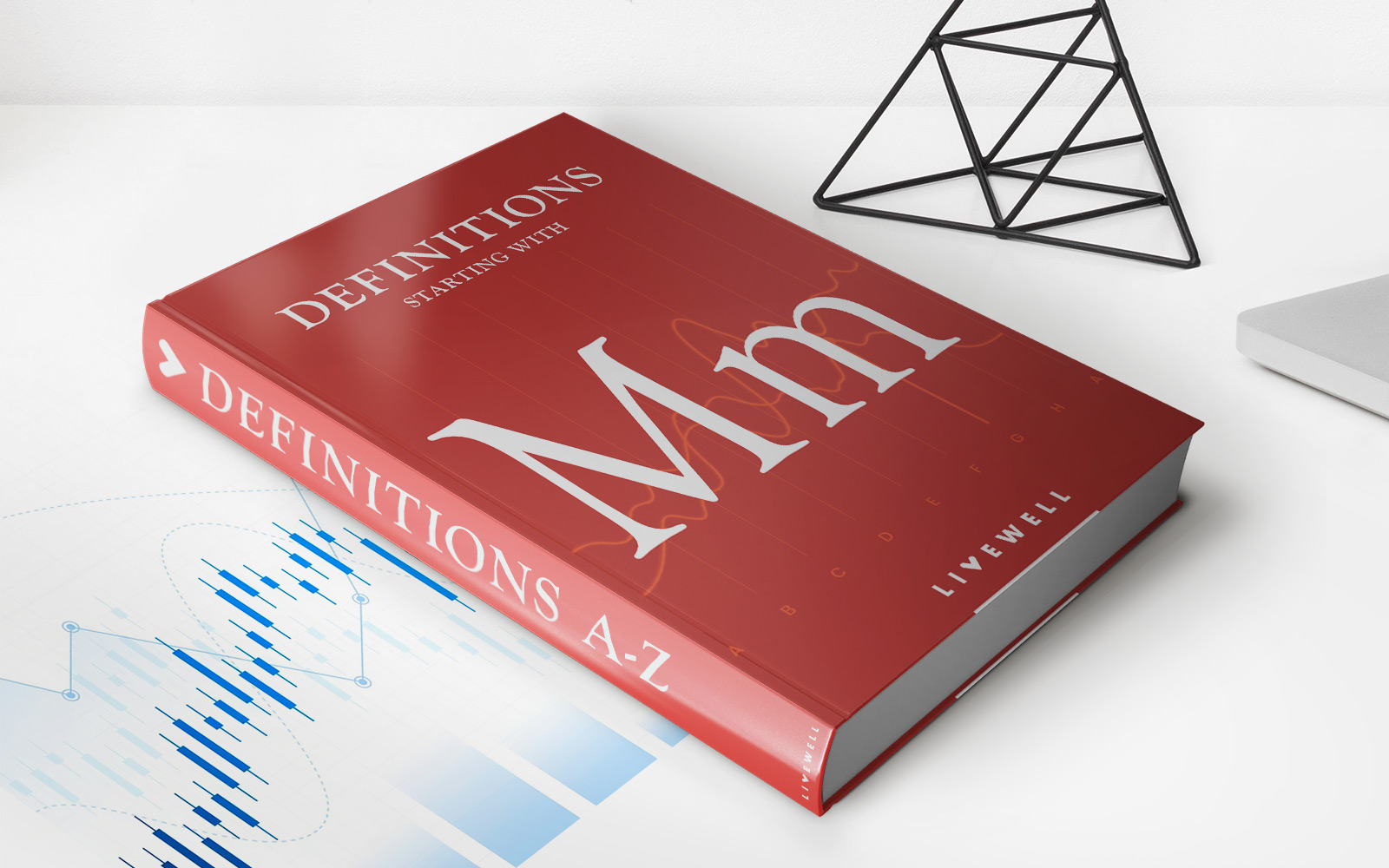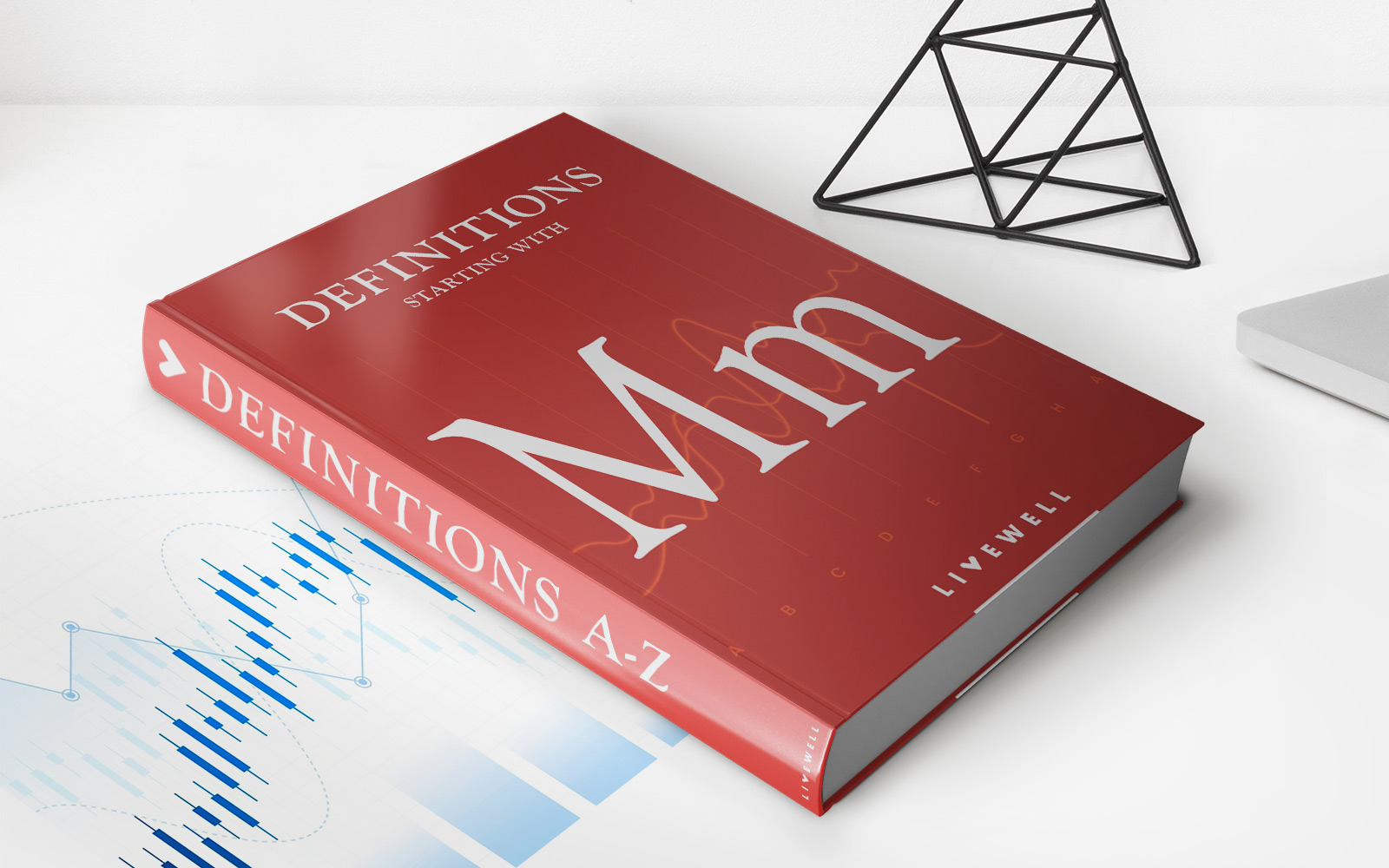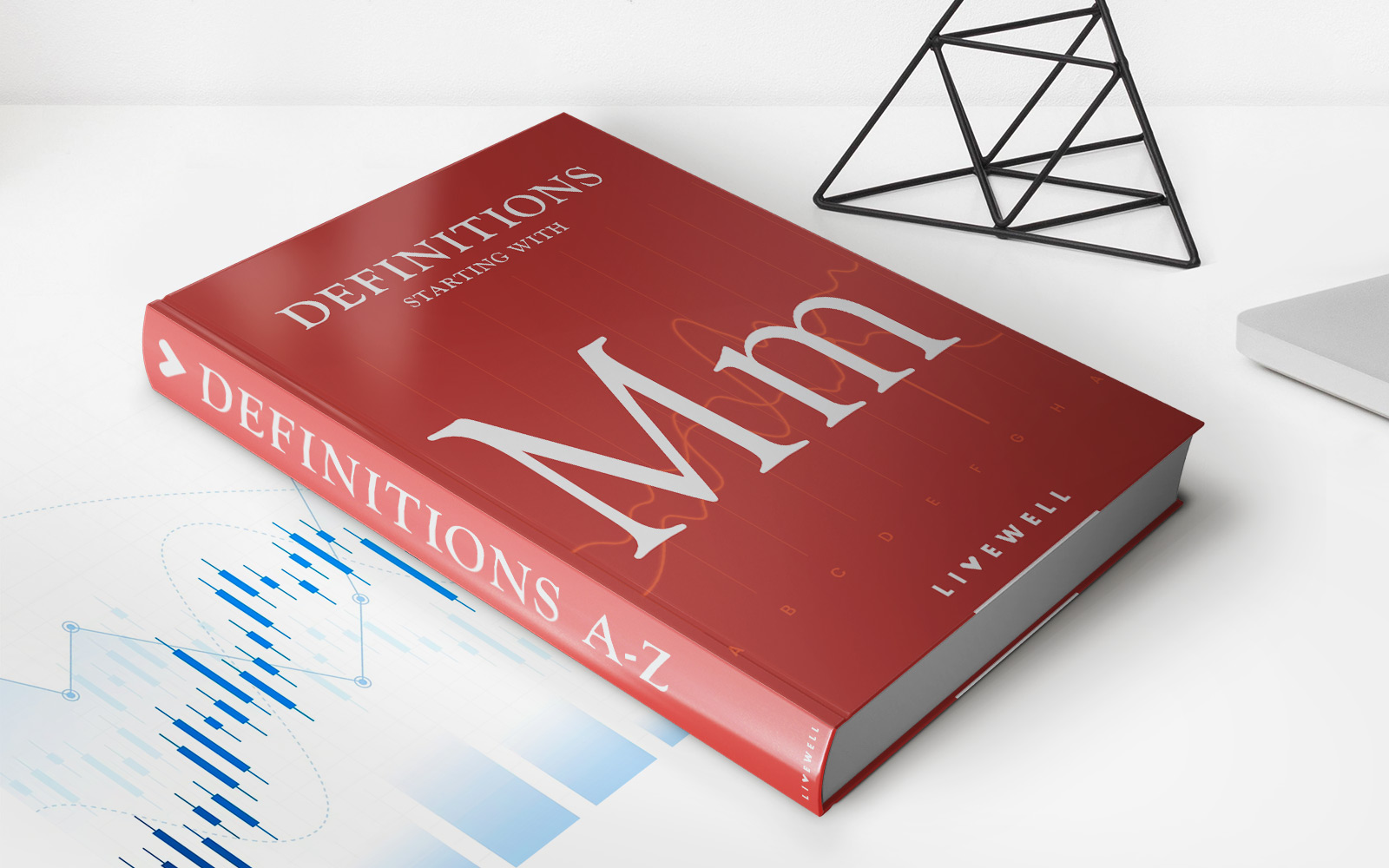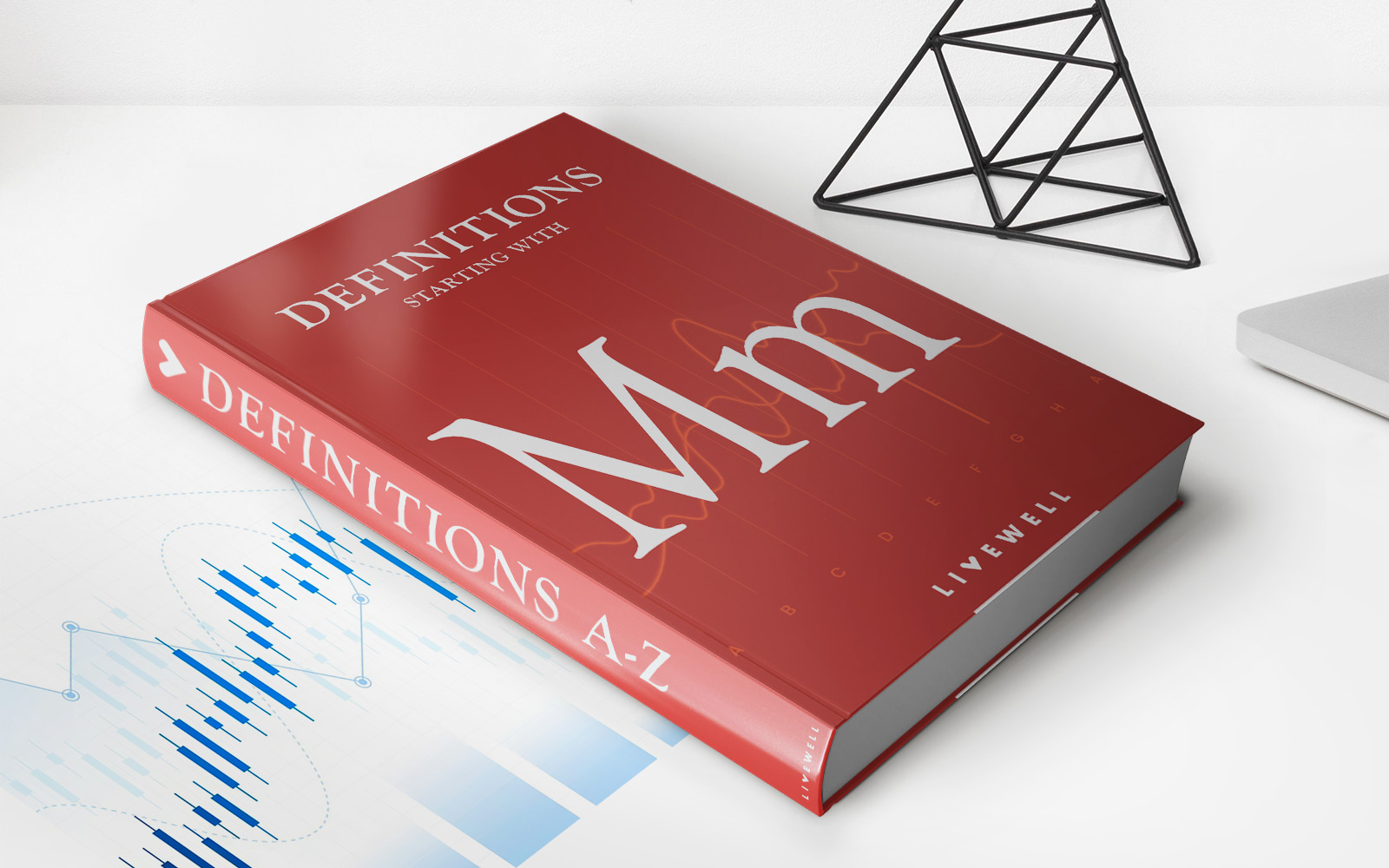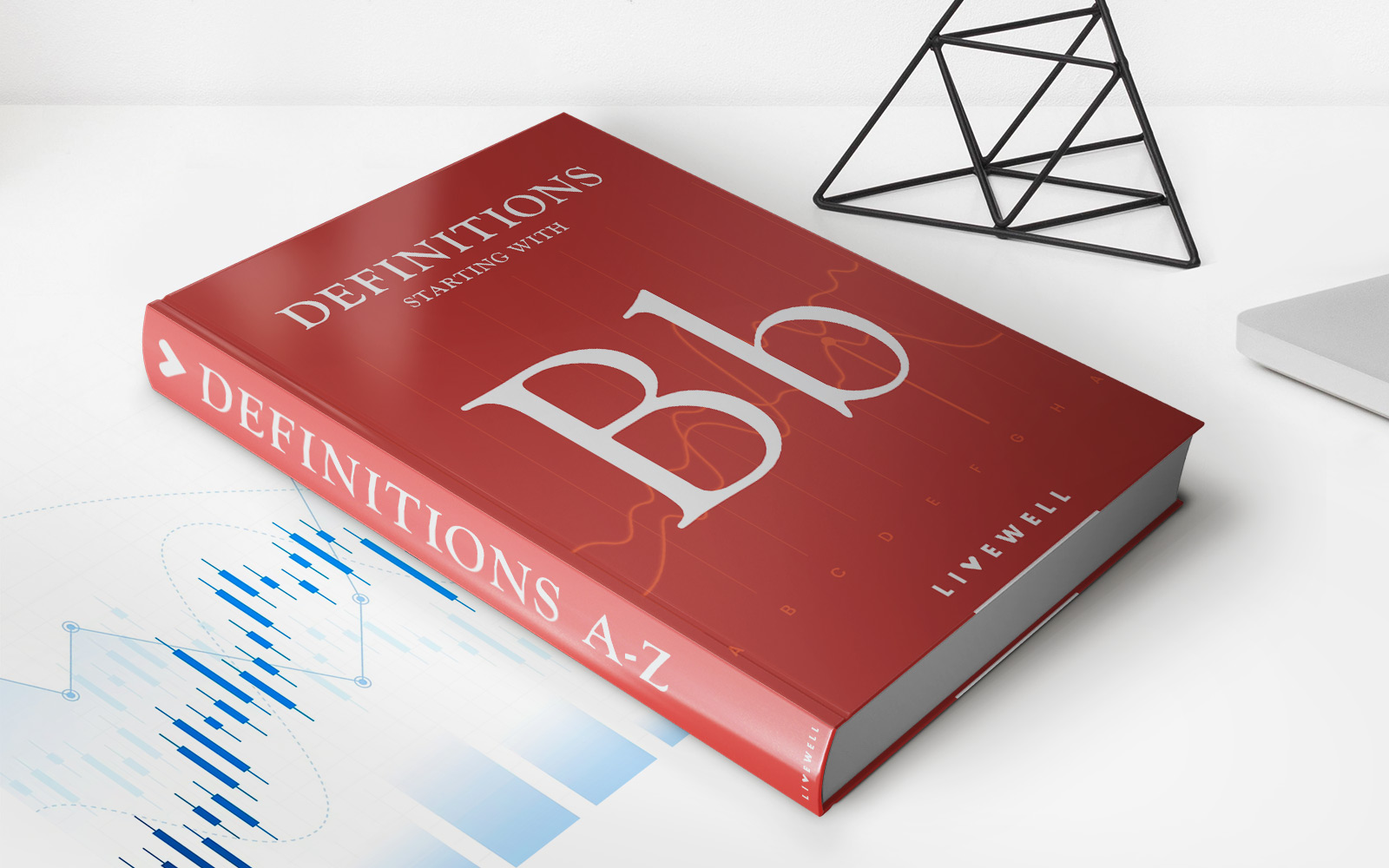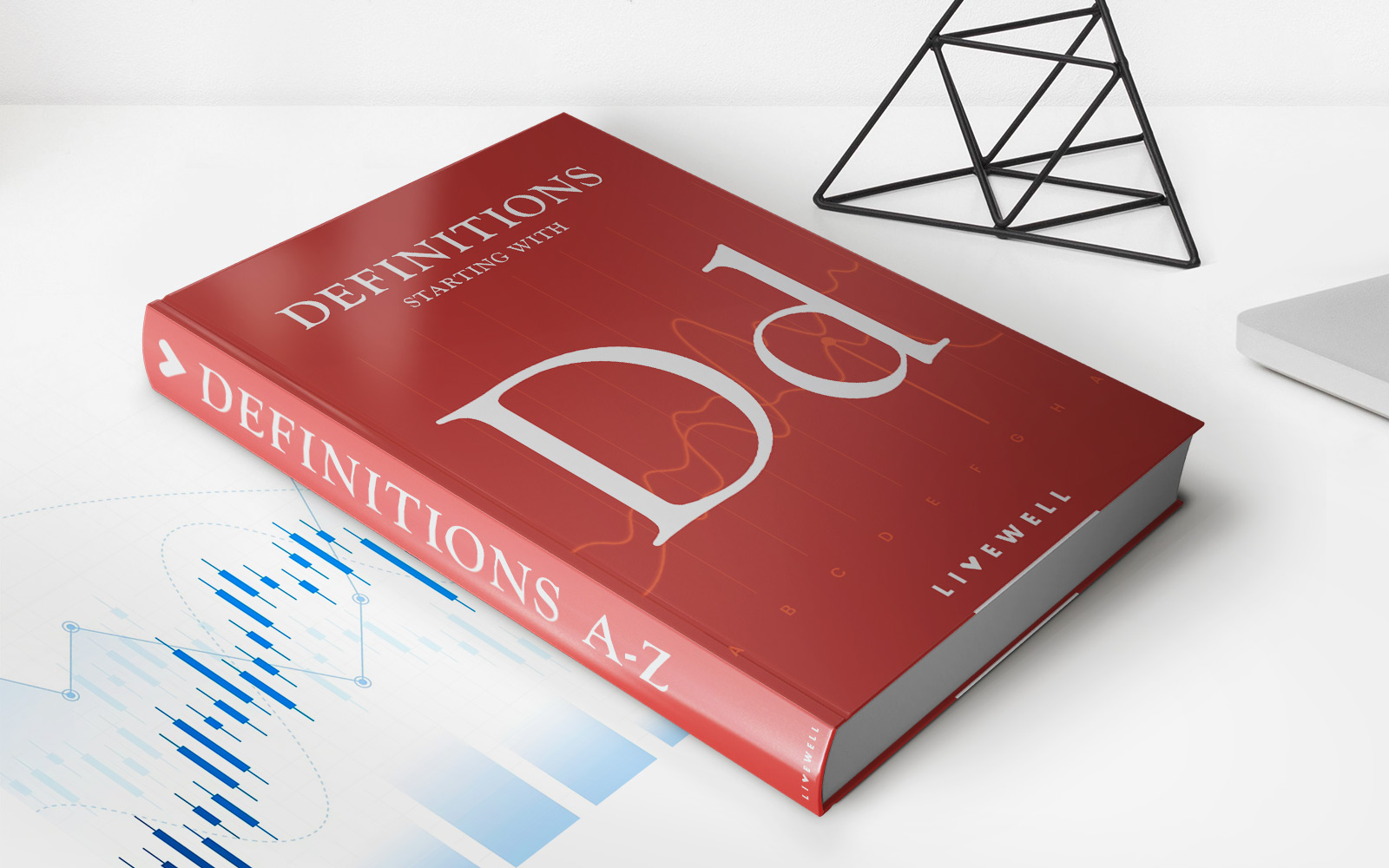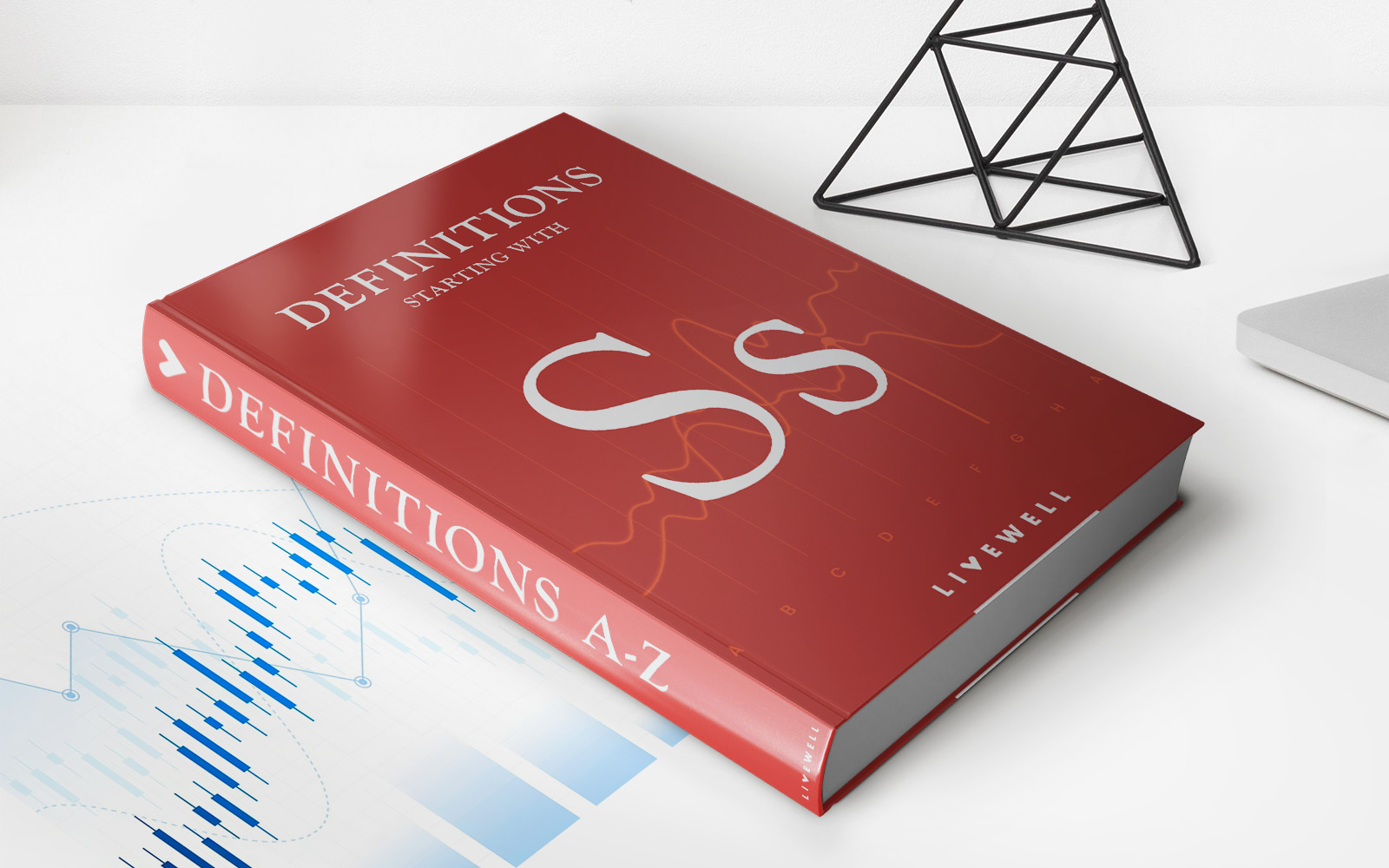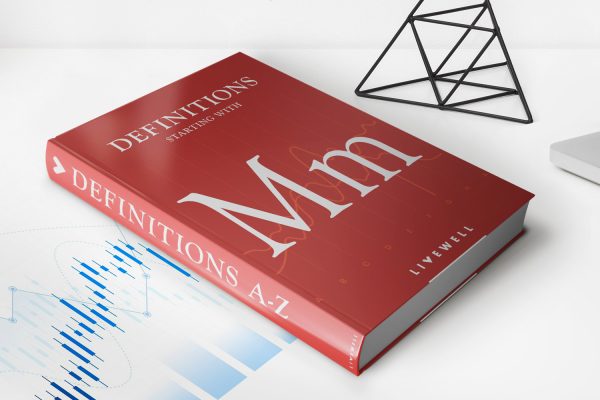
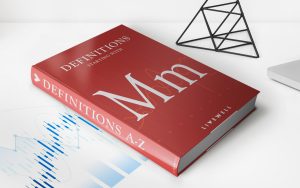
Finance
M2 Definition And Meaning In The Money Supply
Published: December 21, 2023
Learn the definition and meaning of M2 in the money supply. Discover the crucial role of M2 in finance and its impact on the economy.
(Many of the links in this article redirect to a specific reviewed product. Your purchase of these products through affiliate links helps to generate commission for LiveWell, at no extra cost. Learn more)
Understanding M2 in the Money Supply: Definition and Meaning
Welcome to our “Finance” blog category, where we explore various aspects of the financial world! Today, we are diving into the concept of M2 in the money supply. If you’ve ever wondered what M2 stands for, what it includes, and how it impacts the economy, you’ve come to the right place.
Key Takeaways:
- M2 is a measure of the money supply that includes both cash and various types of deposits.
- M2 plays a crucial role in understanding the overall health of the economy and formulating monetary policies.
What is M2?
M2 is one of the key metrics used by economists and policymakers to assess the money supply within an economy. It represents a broader definition of money than M1, which only includes physical currency, such as coins and notes, and demand deposits. M2 encompasses a wider range of financial assets, incorporating not only cash but also various types of deposits held by individuals and businesses.
Which Components are Included in M2?
The components included in M2 typically consist of:
- Savings deposits: These are accounts that hold individuals’ savings in banks or credit unions.
- Time deposits: Also referred to as certificates of deposit (CDs), these are fixed-term deposits with a higher interest rate compared to regular savings accounts.
- Money market deposit accounts: These accounts offer higher interest rates than regular savings accounts, together with some check-writing abilities.
- Retail money market mutual funds: These funds are investment vehicles that invest primarily in short-term debt securities.
Why is M2 important?
M2 is crucial for understanding the overall health of the economy and formulating monetary policies.
Here are a few reasons why M2 is important:
- Indicator of economic activity: An increase in M2 suggests that individuals and businesses have more money to spend and invest, which can stimulate economic growth.
- Inflation monitoring: Changes in M2 can help economists monitor inflationary pressures within an economy. If the money supply grows rapidly, it can lead to inflationary pressures.
- Monetary policy formulation: Central banks use M2 data to inform their monetary policy decisions. By monitoring changes in M2, they can assess the need for adjusting interest rates or implementing other measures to control inflation or spur economic growth.
In conclusion
M2, one of the essential metrics in the money supply, provides valuable insights into the overall economic activity and helps guide monetary policy decisions. By monitoring the components included in M2, economists and policymakers gain a comprehensive understanding of the financial landscape and can take appropriate measures to maintain a healthy economy.
